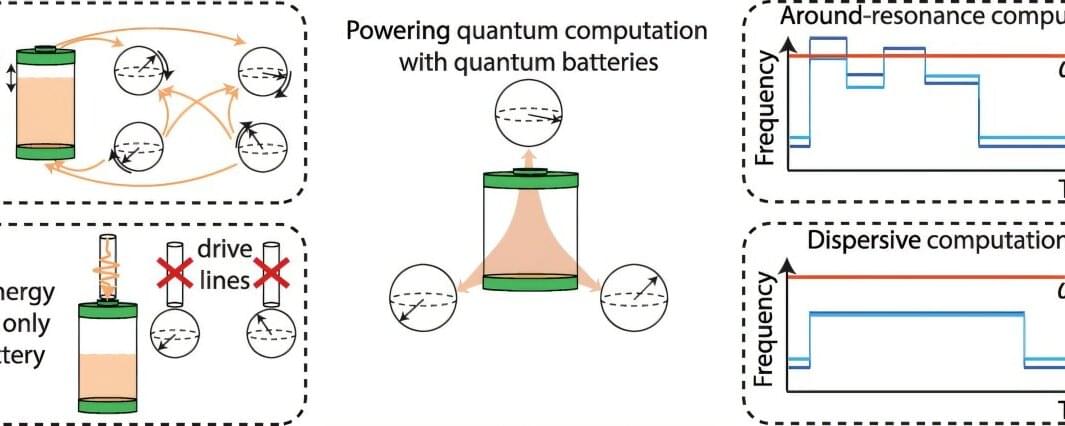NVIDIA CEO Jensen Huang discusses how artificial intelligence is advancing and handling competition with China on ‘Maria Bartiromo’s Wall Street.’ #fox #media #breakingnews #us #usa #new #news #breaking #foxbusiness #nvidia #ai #technology #tech #artificialintelligence #innovation #business #china #competition #jensenhuang #huang #ceo #economy #global #future.
Watch more Fox Business Video: https://video.foxbusiness.com.
Watch Fox Business Network Live: http://www.foxnewsgo.com/
FOX Business Network (FBN) is a financial news channel delivering real-time information across all platforms that impact both Main Street and Wall Street. Headquartered in New York — the business capital of the world — FBN launched in October 2007 and is one of the leading business networks on television. In 2025 it opened the year posting double-digit advantages across business day, market hours and total day viewers in January. Additionally, the network continued to lead business news programming, with each business day program placing among the top 15 shows, while FBN delivered its highest-rated month since April 2023 with market hours.
Follow Fox Business on Facebook: / foxbusiness.
Follow Fox Business on Twitter: / foxbusiness.
Follow Fox Business on Instagram: / foxbusiness.





